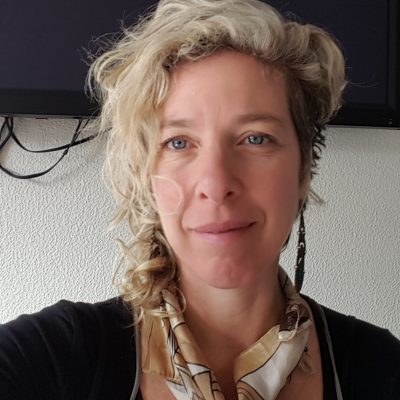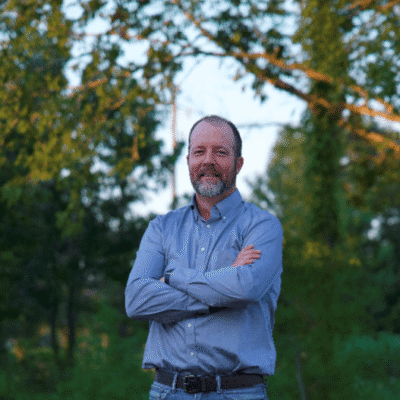 On Epilepsy and Religion
On Epilepsy and Religion
Amy shares an excerpt from “In My Right Mind”
I had complex partial and grand mal seizures in my childhood and in my young adult years. I had many days when I would have several seizures in one day and would need to sleep after having a seizure. The seizure medications that I took never completely controlled my seizures. I had learning difficulties as a result of having epilepsy and taking up to three seizure medications at a time. My parents tried everything they could to help me gain better seizure control, but I continued to have seizures into my adulthood.
After graduating from high school, I went to college to pursue a degree in education. Even though I faced challenges of having seizures while going to college, I was determined to earn a college degree. It was my junior year in college when my neurologist informed me that I could undergo medical tests to determine if I was a candidate for epilepsy brain surgery. Without hesitation, I accepted the opportunity to find out if my type of epilepsy could be cured through brain surgery. At the age of twenty-two, I found out that I was an excellent candidate for brain surgery. When I was twenty-three years old, I underwent five hours of brain surgery. I woke up knowing that I made it through surgery and with a renewed hope of having a better quality of life.
I have a degree in elementary education, a master’s degree in special education, and a master’s degree in school leadership. I am a special education teacher, I drive, and I live independently. In my book, I share how epilepsy impacted my mental health, my education, and my outlook of my future. I wrote my story to share what I went through with having seizures and to give hope to those that have epilepsy and to those that have a loved one that has epilepsy.
Elaine on when vulnerability turns to feelings of suicide
Being stigmatized increases vulnerability to feelings of suicide. This is another well researched and firmly established fact. I am vulnerable to intermittent feelings of despair and suicide because I face the religious stigma that sees epilepsy as caused by sin. I was raised in a holiness church where disease is frequently attributed to sin. Prayers for repentance and a return to finding “the center of God’s will” are combined equally with prayers for healing from illness. The unspoken assumption in many religious belief systems is that freedom from sin and a life at the center of God’s will leads to a life of health and blessing. In holiness sermons, periods of hospitalization are often described as a time of soul searching where healing comes after the sick person identifies the sin or shortcoming that caused the illness and makes a life change that is a return to the center of God’s will and freedom from sin.
The devaluing of people with epilepsy by religious belief systems and by the people who follow those religious belief systems has been going on for centuries. The fact is, I feel at a complete loss to find words to combat long established religious stigma. First and foremost, I no longer go to churches or form close relationships with people, including members of my family, who use religion, even well-meaning offers for healing prayer, to stigmatize me. I have learned that no matter how much I am devalued by others, the worst is for me to devalue myself. All people with epilepsy are at risk for self-devaluing. The unspoken devaluing of people with epilepsy by others is likely to influence me whether I realize it or not.
On being valued
Whether your faith in a higher power is strong or it is not does not impact your place in the epilepsy community. You are and will always be a valued member of the epilepsy community regardless of your religion and your beliefs.
Don’t miss tomorrow’s story in the Epilepsy Blog Relay™.









Leave a Reply